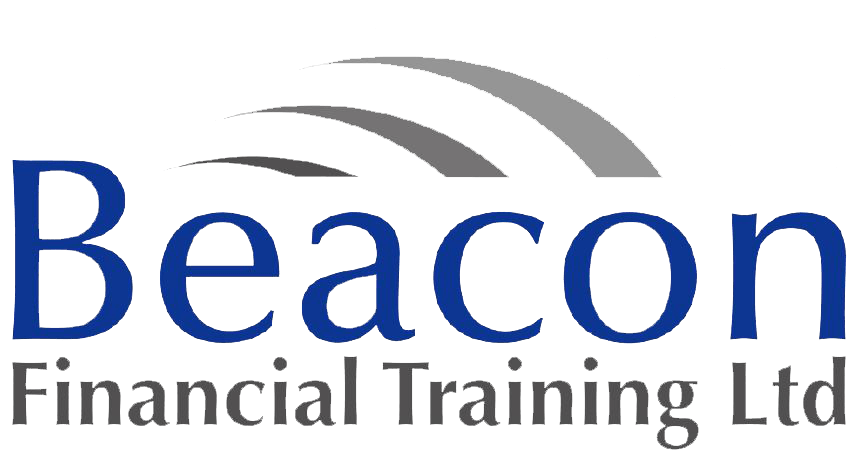When purchasing a home, the potential buyer will come into contact with a number of professionals, from you as the mortgage adviser to estate agents and conveyancers.
What is a conveyancer?
A conveyancer is someone who specialises in property law, whose role is to work on behalf of their clients when it comes to the selling or purchasing of property. Their main job is to process the legal aspects of the sale, along with general administration and dealing with any queries that may arise.
Tasks conducted during the working day
With almost all conveyancing work now completed online, they must know how to use any necessary computer systems. Conveyancers will receive instructions from new and existing clients, and action them whilst working within the required rules and regulations, including fraud and money laundering processes.
Clients are also contacted and communicated with via phone, email and letter, depending on the preferred and most suitable method for each individual. The conveyancer must always act in their client’s best interest.
Meanwhile, they will be required to check and obtain information from the Land Registry, and gain consent from landlords if it is a leasehold property. A conveyancer is also responsible for processing financial transactions.
Specific purchase tasks relating to the property
When it comes to the home itself, a conveyancer must complete pre-contract searches, along with any potential leases, to check if property is affected by proposals from the local authority. They should also look at if it is likely to be affected by flooding.
The conveyancer also checks through the instructions received from lenders to establish the transaction that is being requested. They must then deal with preparing the deeds and the requested transfer of title.
Once the mortgage has been released, the conveyance deals with receiving the funds from the lender, before processing the required information to ensure that nothing has been overlooked. Finally, they will make sure that the appropriate stamp duty payments are made by their client.
It is the conveyancer’s duty to act in the client’s best interests during the house buying and selling processes. On the day of completion, they will ensure that the funds for the purchase are requested from the mortgage lender, and once received, then send all necessary documents on to the seller’s conveyancer. Once the sale has been completed, they will update the Land Registry about the new property owners.







